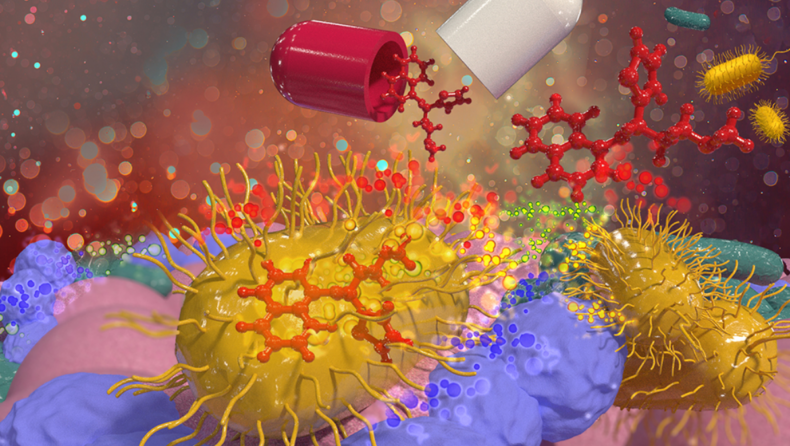Our understanding of how these sugars are broken down by the microbiota has been expanded by the discovery of novel enzymes that could be used to modify and evaluate N-glycan structures for use in the medical and industrial domains.
According to recent studies, a carbohydrate that is usually discovered along with plant proteins feeds the bacteria in our gut.

A study that was published in the Proceedings of the National Academy of Sciences describes how several kinds of gut microbes use plant N-glycans, a type of complex carbohydrate, as food. The study’s principal investigators, from Newcastle University and the University of Birmingham, used genomic data to identify particular enzymes produced by gut bacteria to break down the complex carbohydrate molecules.
“The gut microbiota is a crucial component of human health, and this discovery will help us comprehend the microbiome better. We may think about how future diets can be devised that encourage a healthy gut and, as a result, improve our overall health by discovering the specific enzymes that these microorganisms utilise to digest their food.

“One unexpected finding from the study is that some of the enzymes found also target insect N-glycans. This research sheds light on how insect proteins can possibly serve as a source of nutrition for our gut microorganisms in a future where we depend more and more on alternative protein sources like insects.”

Understanding how the microbes in our gut are able to use plant N-glycans is vital since we are still learning about the role our gut plays in our general health, according to Dr. David Bolam, co-lead author of the study from Newcastle University. Our understanding of how these sugars are broken down by the microbiota, which may be used to modify and evaluate N-glycan structures for use in the medical and industrial domains, has advanced.













